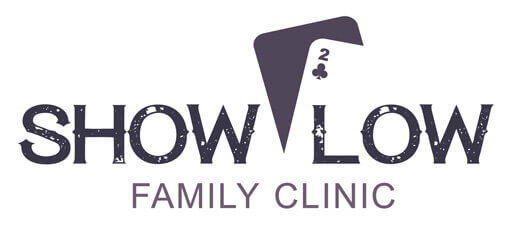
I have been asked to talk about dry skin, so let’s talk about dry skin and skin hygiene. Most patients groan when I talk about skin hygiene, but we all shower or bathe. Good skin hygiene is an extra step missing out of some of our routines. Have you noticed that your skin is dryer in the winter, maybe cracked lips in the winter? Why is that? It’s cold and there is moisture in the air so why is the skin dry? The answer is heat, depending on what type of heat you use can dictate how dry the skin is, even if you don’t have a “skin problem”. The worst method of heat for drying out the skin is wood burning. The process of any type of heating in a residence causes moisture to be removed from the environment which in turn affects our skin.
The first recommendation for skin is “skin Hygiene”, it’s natural and does not involve a prescription. Skin hygiene is in the bathing ritual. Start with a good skin lotion, the recommendations are Cetaphil, Eucerin, or Lubriderm. Whether you shower or bathe, step out and do not dry off. Apply one of these recommended lotions to your wet skin. The mixture of water and lotion will form a pasty white layer on the skin. Allow the paste time to dry, brush your teeth and complete the remainder of your other hygiene tasks. These recommended lotions are oily, and those oils help to lock in the moisture. Over time your skin will be softer and less ashen. If after a couple of weeks of using this one simple skin hygiene step your skin is not improved, or if it is worsening or is painful you need to be seen.
Other uses that contribute to dry skin are products with alcohol and/or fragrances or chemicals. If you have a skin problem or allergies, you should forego fabric softener as they all contain chemicals which will further irritate dry itchy skin. As a replacement consider adding white vinegar to your fabric softener compartment in the washer. Vinegar is a great cleaning agent that will remove chemicals and odors from your clothing giving them a natural fresh scent.

